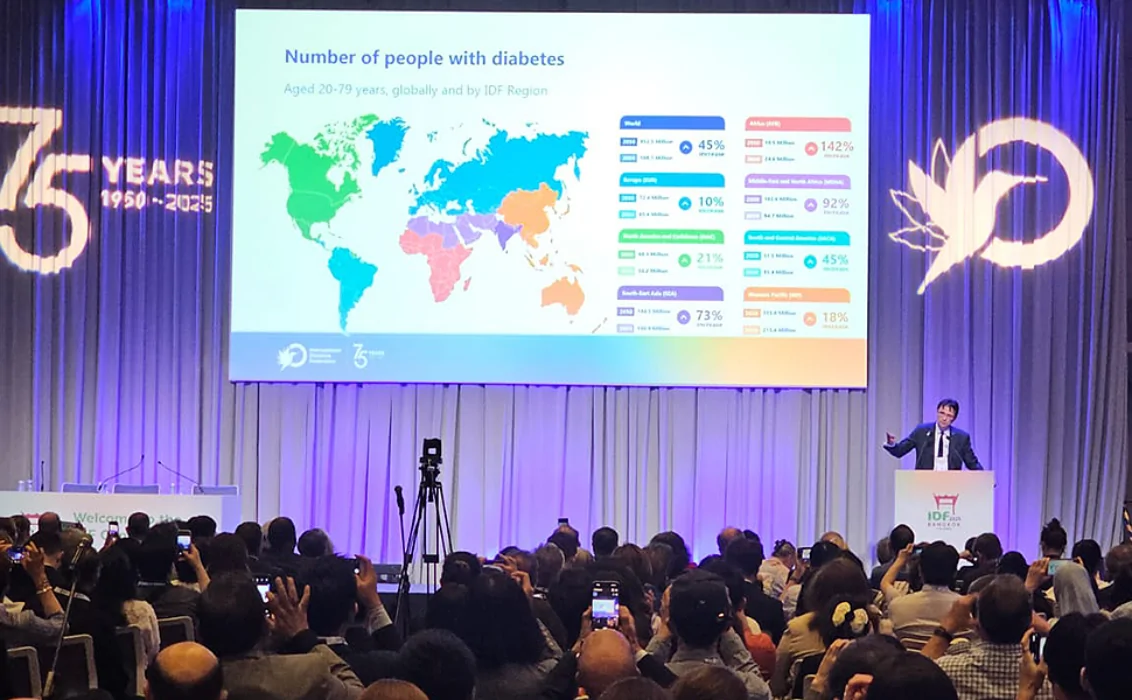The International Diabetes Federation (IDF) is deeply concerned by the ongoing situation facing people living with diabetes in the Gaza Strip and the risks to the healthcare professionals supporting their care.
Over the past weeks, Gaza has been gripped by a humanitarian crisis resulting from the recent escalation of violence in the region following the attack on Israel on 7 October. A joint statement issued by UNDP, UNFPA, UNICEF, WFP and WHO estimates that more than 1.6 million people are in critical need of humanitarian aid. The current conflict has caused widespread destruction and displacement, exacerbating an already fragile healthcare system.
Hospitals and clinics have been damaged or are overwhelmed by the influx of people requiring treatment. This is making it increasingly difficult for people with diabetes and other non-communicable diseases (NCDs) to receive the essential care they need. The situation is compounded by a growing scarcity of medical supplies, including insulin and testing equipment.
Following the agreement by Israel and Egypt on 18 October to allow humanitarian aid to enter Gaza, IDF member Direct Relief is working to resume medical aid shipments in coordination with global agencies, including the World Health Organization (WHO) and the International Organization for Migration (IOM). Direct Relief continues to support its longstanding regional partners who provide humanitarian assistance in Gaza, the West Bank, Jordan and Lebanon.
IDF calls on all parties to prioritise the safeguarding of public health, ensure the safety of healthcare professionals, and guarantee unhindered access to care for people living with diabetes in the Gaza Strip. The safe passage of essential medicines and medical supplies must be secured and unrestricted access granted to humanitarian organisations and healthcare professionals to alleviate the human suffering caused by the intensification of hostilities.



